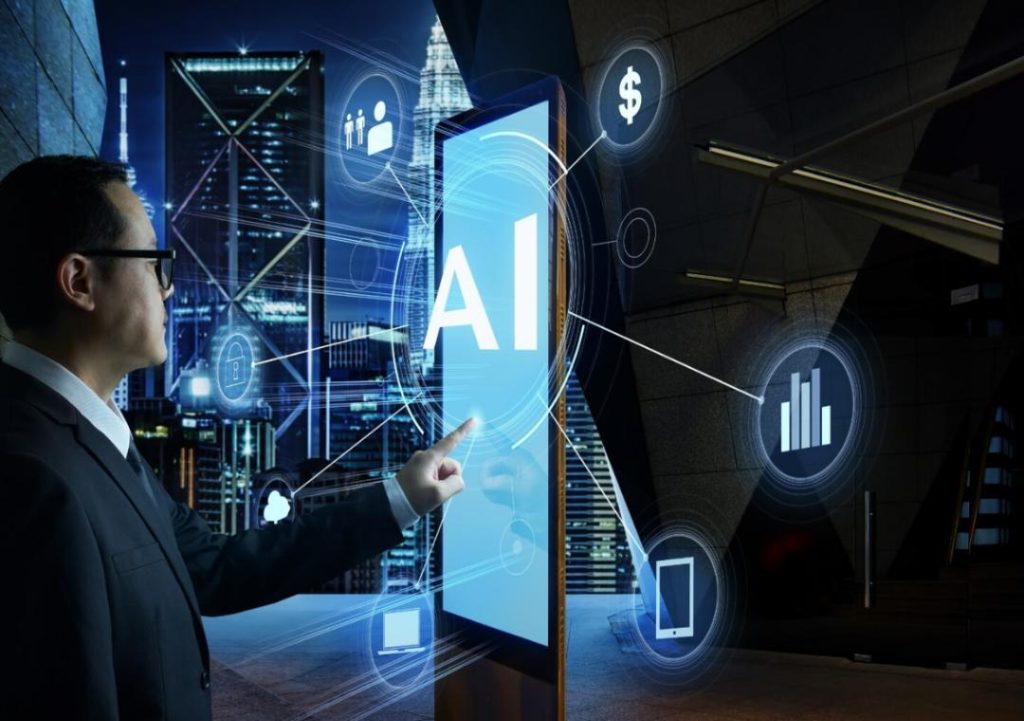
AI & ML now power over 77% of business processes
In today’s digital-first world, Artificial Intelligence (AI) and Machine Learning (ML) are no longer futuristic concepts; they’re operational essentials. Gone are the days when AI/ML were seen as optional tools for businesses to consider. Today, over 77% of enterprises use AI/ML to improve productivity, reduce costs, and personalize user experiences. The shift isn’t optional; it’s fundamental to staying competitive in a rapidly changing business landscape.
The widespread adoption of AI/ML is a testament to the technology’s ability to transform businesses and unlock new opportunities. From automating customer support to real-time fraud detection, AI/ML is being used to drive innovation and efficiency across various industries. In this blog post, we’ll explore the importance of AI/ML, its applications, and the benefits it brings to businesses.
What is AI and ML?
Before we dive into the importance of AI/ML, it’s essential to understand what they are and how they differ.
Artificial Intelligence (AI) refers to the development of computer systems that can perform tasks that typically require human intelligence, such as learning, problem-solving, and decision-making. AI is a broad term that encompasses various subfields, including machine learning, deep learning, and natural language processing.
Machine Learning (ML) is a subset of AI that enables systems to learn from data without being explicitly programmed. ML algorithms analyze data, identify patterns, and make predictions or decisions based on that data. This allows ML systems to improve their performance over time, making them increasingly accurate and effective.
Why are AI and ML important for businesses?
The importance of AI/ML for businesses can’t be overstated. Here are a few reasons why:
- Improved Productivity: AI/ML can automate repetitive and time-consuming tasks, freeing up human resources to focus on higher-value activities. This leads to increased productivity, reduced costs, and improved employee satisfaction.
- Personalized User Experiences: AI/ML can analyze customer data, preferences, and behavior to deliver personalized experiences. This leads to increased customer satisfaction, loyalty, and ultimately, revenue growth.
- Faster Decision-Making: AI/ML can analyze large datasets quickly and accurately, providing businesses with the insights they need to make informed decisions. This reduces the time spent on decision-making, allowing businesses to respond faster to changing market conditions.
- Enhanced Security: AI/ML can detect and prevent cyber threats in real-time, reducing the risk of data breaches and protecting sensitive information.
- Cost Savings: AI/ML can optimize business processes, reduce waste, and improve efficiency, leading to significant cost savings and increased profitability.
Applications of AI and ML in business
AI/ML is being used in various ways across different industries, including:
- Customer Service: Chatbots and virtual assistants are being used to automate customer support, providing 24/7 assistance and reducing the workload on human customer support agents.
- Fraud Detection: AI/ML algorithms are being used to detect and prevent fraudulent transactions in real-time, reducing the risk of financial losses.
- Predictive Maintenance: AI/ML is being used to predict equipment failures, reducing downtime and improving overall maintenance efficiency.
- Marketing and Advertising: AI/ML is being used to personalize marketing campaigns, improve ad targeting, and optimize marketing spend.
- Healthcare: AI/ML is being used to analyze medical images, diagnose diseases, and develop personalized treatment plans.
The future of AI and ML in business
As AI/ML continues to evolve, we can expect to see even more widespread adoption across various industries. Some of the key trends that will shape the future of AI/ML in business include:
- Explainable AI: As AI/ML becomes more pervasive, there will be a growing need for explainable AI, which provides insights into the decision-making process and helps build trust with customers and stakeholders.
- Edge AI: With the increasing use of IoT devices and edge computing, AI/ML will need to be deployed at the edge, closer to the data source, to improve real-time processing and reduce latency.
- Human-AI Collaboration: As AI/ML becomes more sophisticated, we’ll see a shift towards human-AI collaboration, where humans and machines work together to solve complex problems and make decisions.
Conclusion
AI/ML is no longer a futuristic concept; it’s an operational essential for businesses looking to stay competitive in a rapidly changing market. With its ability to improve productivity, reduce costs, and personalize user experiences, AI/ML is a technology that’s here to stay.
As businesses continue to adopt AI/ML, we can expect to see even more innovative applications across various industries. Whether it’s automating customer support, detecting fraud, or predicting equipment failures, AI/ML is changing the way businesses operate and interact with customers.
News Source:
https://www.growthjockey.com/blogs/what-is-ai-and-ml-how-is-it-important






